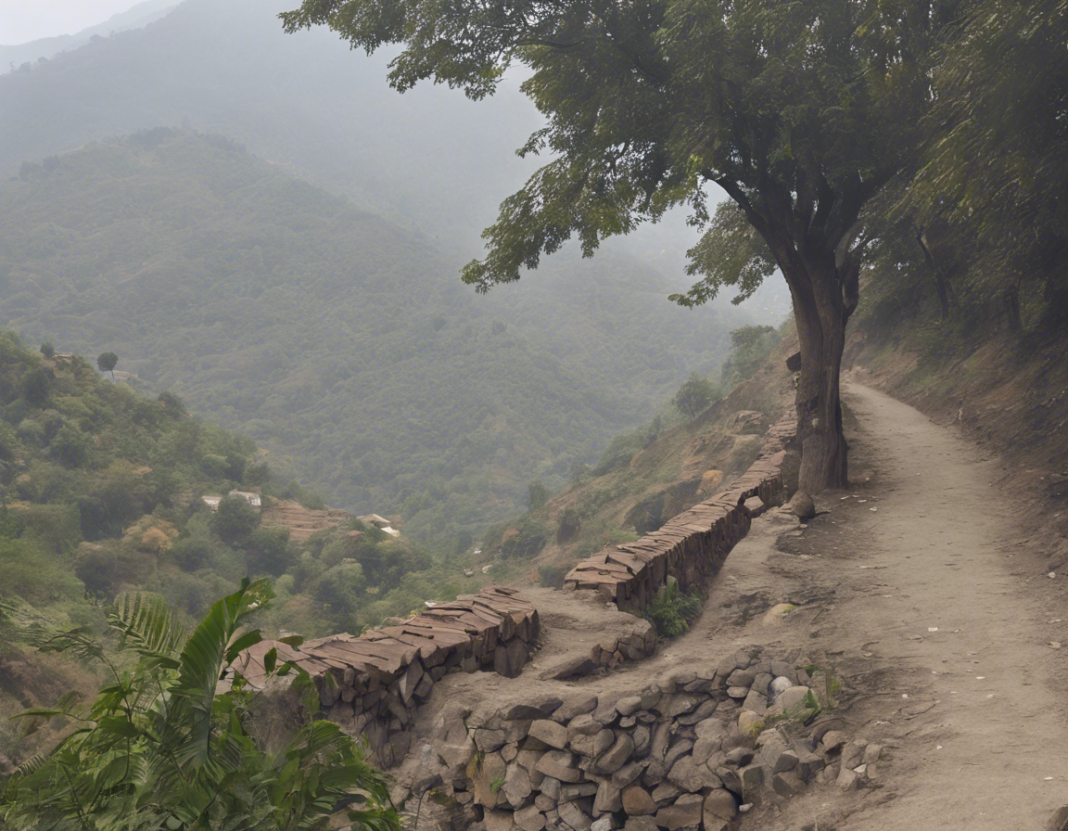Introduction
In the world of Hindi language and culture, the phrase “Gyaras Kab Hai” holds significant importance. For those unfamiliar, Gyaras refers to the 11th day of the lunar month in the Hindu calendar, which has both religious and cultural significance in the lives of many individuals. This day is marked by various rituals, beliefs, and practices that have been followed for generations. In this comprehensive guide, we will delve into the meaning of Gyaras, its importance, customs associated with it, and how it is celebrated across different regions.
Understanding Gyaras
Gyaras, also known as Ekadashi, is observed on the 11th day of the lunar fortnight according to the Hindu calendar. The word “Ekadashi” literally translates to “eleven” in Sanskrit, signifying the importance of this particular day in the lunar cycle. Ekadashi occurs twice in a Hindu lunar month – once during the waxing phase of the moon (Shukla Paksha) and once during the waning phase (Krishna Paksha).
Significance of Gyaras
1. Religious Importance
Gyaras holds immense religious significance for Hindu devotees. It is believed that observing fast and engaging in pious activities on this day can bring blessings and prosperity. Many worship Lord Vishnu on Ekadashi, seeking spiritual enlightenment and liberation from the cycle of birth and death.
2. Spiritual Cleansing
Fasting on Gyaras is considered a form of spiritual cleansing. It is believed to purify the body and mind, allowing individuals to focus on their spiritual growth and connection with the divine.
3. Charitable Acts
Devotees often engage in charitable acts on Ekadashi, such as feeding the poor and donating to the needy. These acts of kindness are believed to earn merit and blessings from the divine.
Customs and Traditions
1. Fasting
Fasting is a common practice observed on Gyaras. Many individuals abstain from consuming grains, beans, and certain vegetables during this time. Fasting is believed to cleanse the body, improve self-discipline, and enhance spiritual awareness.
2. Prayers and Mantras
Devotees often spend the day in prayer, reciting mantras, and performing rituals to seek the blessings of the divine. Visiting temples and offering prayers to Lord Vishnu is a common practice on Ekadashi.
3. Charity and Seva
Engaging in acts of charity and selfless service is considered auspicious on Gyaras. By helping those in need, individuals seek to cultivate compassion and earn blessings from the divine.
Celebrations Across Regions
Gyaras is celebrated with great fervor across various regions in India and among the Hindu diaspora worldwide. Each region has its unique customs and traditions associated with Ekadashi, reflecting the diversity and richness of Hindu culture.
1. North India
In states like Uttar Pradesh, Rajasthan, and Bihar, devotees observe Gyaras with elaborate rituals and fasting. Special prayers are offered to Lord Vishnu, and devotees visit temples to seek blessings.
2. South India
In states like Tamil Nadu and Kerala, Ekadashi is celebrated with fasting and devotion. Special dishes are prepared as offerings to the deity, and elaborate puja ceremonies are conducted in temples.
3. Western India
In states like Maharashtra and Gujarat, Gyaras is observed with fasting and prayers. Devotees visit Vishnu temples and participate in spiritual discourses to enhance their understanding of the significance of Ekadashi.
Frequently Asked Questions (FAQs)
1. What is the significance of fasting on Gyaras?
Fasting on Gyaras is believed to purify the body and mind, enhance spiritual awareness, and attract blessings from the divine.
2. Can anyone observe Gyaras, or is it restricted to certain individuals?
Gyaras can be observed by anyone who wishes to engage in spiritual practices and seek the blessings of the divine. It is not restricted to specific individuals.
3. Are there specific food items that are traditionally consumed on Gyaras?
During Ekadashi fasting, individuals avoid consuming grains, beans, and certain vegetables. Instead, they opt for fruits, nuts, dairy products, and specific types of flours.
4. How long is the fasting period on Gyaras?
The duration of fasting on Gyaras can vary from individual to individual. Some people fast from sunrise to sunset, while others may choose to fast for a specific number of hours.
5. What are some common rituals performed on Gyaras?
Common rituals on Gyaras include visiting temples, offering prayers to Lord Vishnu, reciting mantras, engaging in charity, and practicing self-discipline.
In conclusion, Gyaras holds a special place in the hearts of millions of individuals who observe this auspicious day with reverence and devotion. Whether through fasting, prayers, charity, or spiritual contemplation, Gyaras serves as a reminder of the importance of connecting with the divine and leading a virtuous life. By understanding the significance of Ekadashi and embracing its customs and traditions, one can embark on a journey of inner transformation and spiritual growth.

